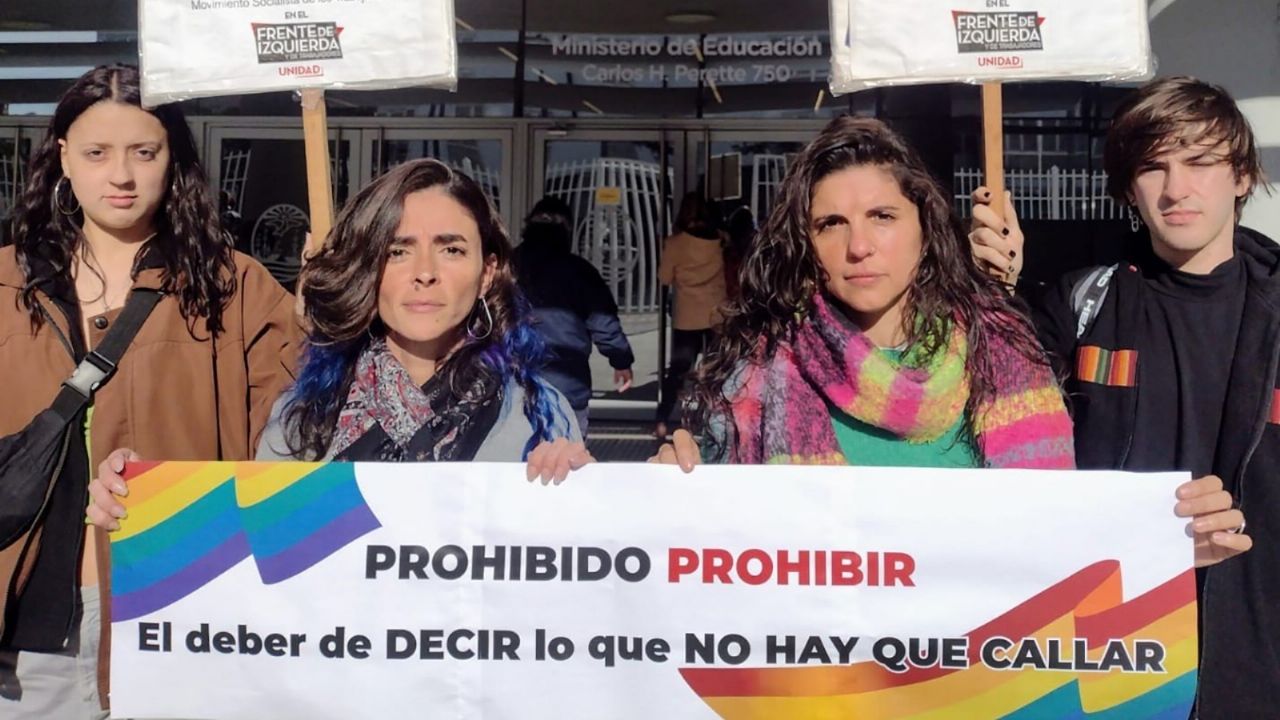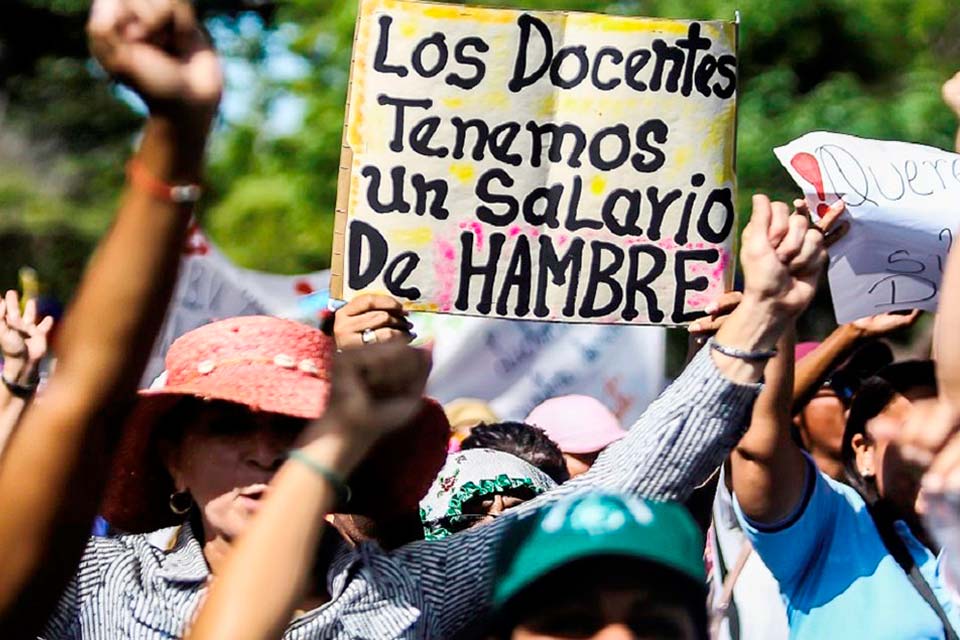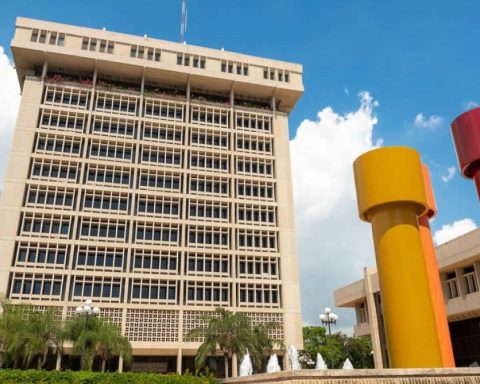While the Buenos Aires Minister of Education, Soledad Acuña, warned that there will be sanctions for teachers who do not accept the measure of prohibition of inclusive language in the schoolsfrom the left, seek to reverse this decision.
This, given that Celeste Fierro and Vanesa Gagliardi, referents of the Left Front, presented before the justice system an appeal for amparo against the resolution of the City Government for the schoolsin which it is prohibited for teachers of institutions public and private use inclusive language.
Like Fierro and Gagliardi, the Buenos Aires legislator of the Frente de Todos, Laura Velasco, together with the Argentine Coordinator for Human Rights (CADH), presented a collective amparo to “stop” this decision that affects the schools from the city.
The legislator argues that “The same resolution of the minister suggests that there is no scientific/academic foundation that says that some of the forms of inclusive language -such as the ‘x’, the ‘e’ or the ‘at sign’- can make language practices difficult for students”.

For their part, Fierro and Gagliardi maintain that the controversial decision “reduces freedom of expression and gender rights” and added that “the drop in text comprehension will not improve because it is prohibited.”
This, since the City Government supported its decision on the low results obtained by students in different tests, especially language, which is why they point out that inclusive language generates “confusion in learning.”

“Acuña delays and discriminates. In her seven years as minister, from 2015 to today, she reduced the educational budget from 23% to 19%. Now she also intends to authoritarianly reduce freedom of expression and gender rights recognized in laws and constitutions. Iron said.
The City Government defends itself against criticism and upholds its decision
Given the rain of criticism that this measure has generated in the institutions portuguese, Acuña pointed out that “none of the measures that accompany the regulations speak of prohibition.”

In this sense, the minister maintained that what her decision suggests is not to misrepresent the Spanish language, so that students have adequate development and learning.


















